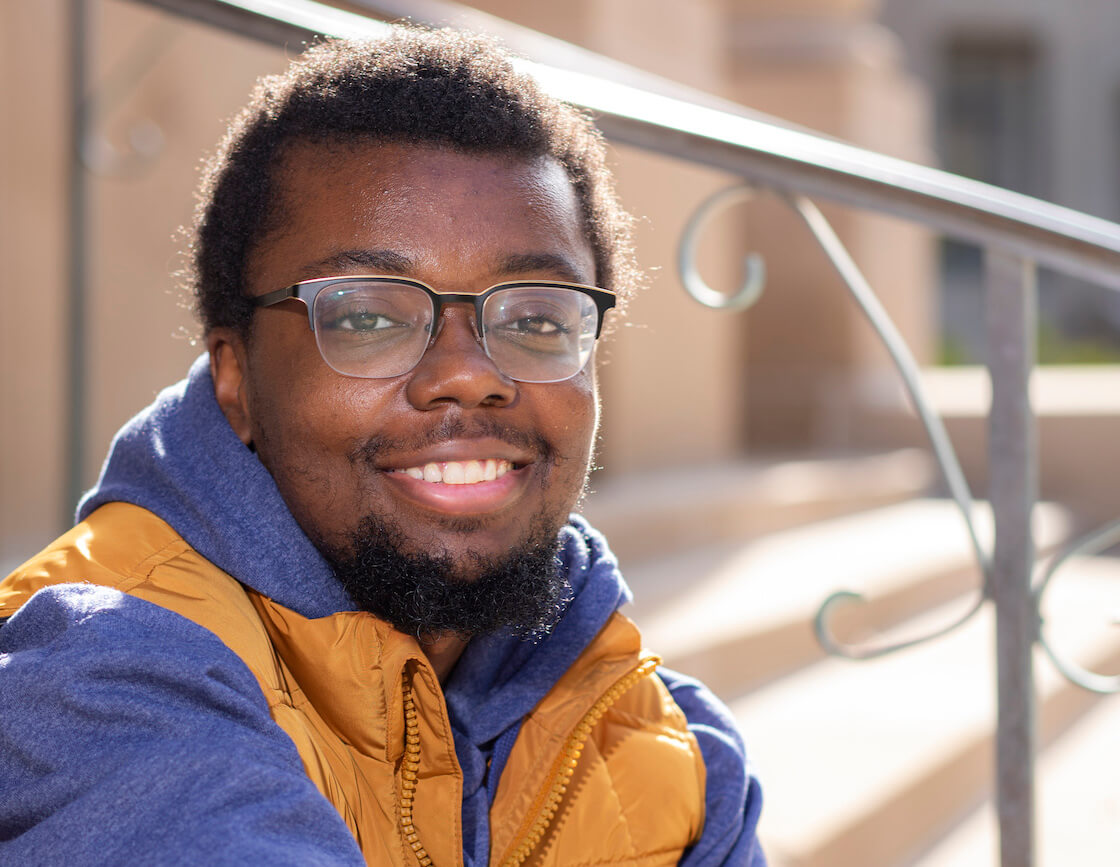Thesis Information
The M.F.A. Creative Thesis is the capstone to your work in the M.F.A. program and it should represent your strongest creative work. As the program does not require students to declare a genre concentration, the thesis may be a work of any genre, including but not limited to essays, memoir, a novel, short stories, a novella, poetry, or a hybrid or mixed-form work.
The M.F.A. Creative Thesis should both thematically and stylistically extend and deepen the creative work written in previous M.A. and M.F.A.-level courses, and in the M.A. Creative Manuscript, through intensive revision of that work and through the writing of new work, such that it can form the basis of a book. The Creative Thesis should be a minimum of 80 pages or the equivalent of a complete book-length work. Upon graduation, you will have a significant body of polished creative work with which to seek literary representation, publication, or further study in a Ph.D. program.
In your final two semesters of M.F.A. study, you will complete the 6-credit Creative Thesis Seminar, an intensive independent study for which you will write and revise rigorously, and work closely with a faculty mentor, incorporating their feedback along with that of your second reader.
The M.F.A. Creative Thesis must be accompanied by a critical paper of 7 to 10 pages, analyzing comparable texts that exemplify the literary tradition from which your thesis springs. This paper may discuss the influence of analyzed works on the thesis, but will focus on a discussion of the craft evident in the creative works discussed.
To read the specific requirements for the M.F.A. Creative Thesis and to access the appropriate forms, please select the appropriate PDF link.

The MFA program is a life changing experience both inside and outside the classroom. My professors and peers have expanded my perspective on creative writing and provided opportunities for networking and professional development through sponsored trips, such as to the AWP Conference and the Chautauqua Writers’ Festival. It was a joy to build community with writers from all across the globe.
Tony Clark, MFA student in creative nonfiction
